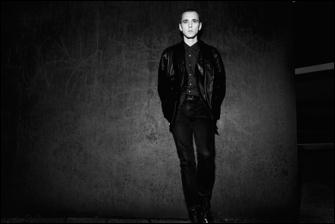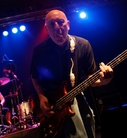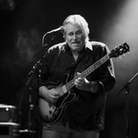Drangsal - Allan Align (New Video) |
||
|
Drangsal - Allan Align |
||
| Writer: Festivalphoto | ||
|
I don't have Facebook
|
||
Drangsal - Allan Align (New Video) | FESTIVALPHOTO







